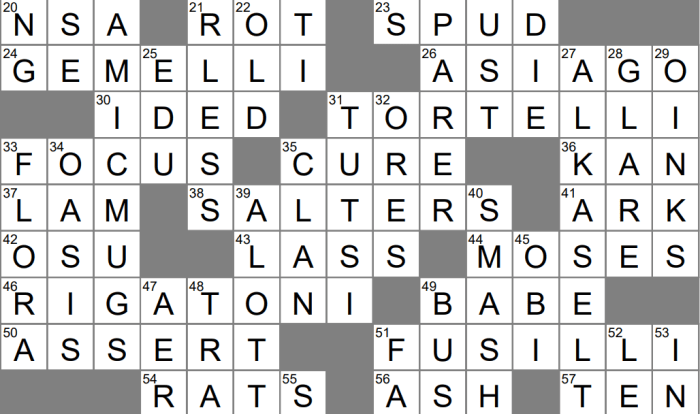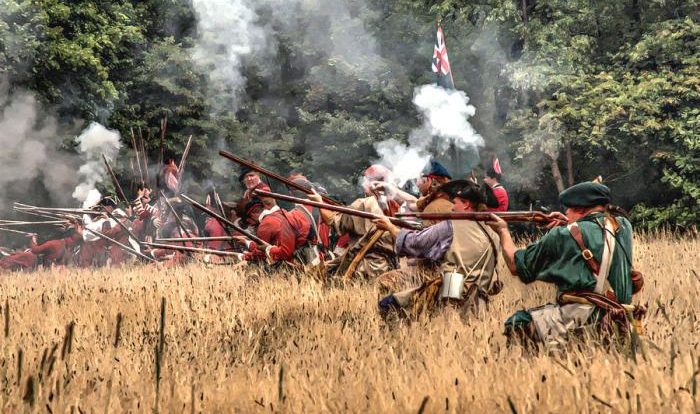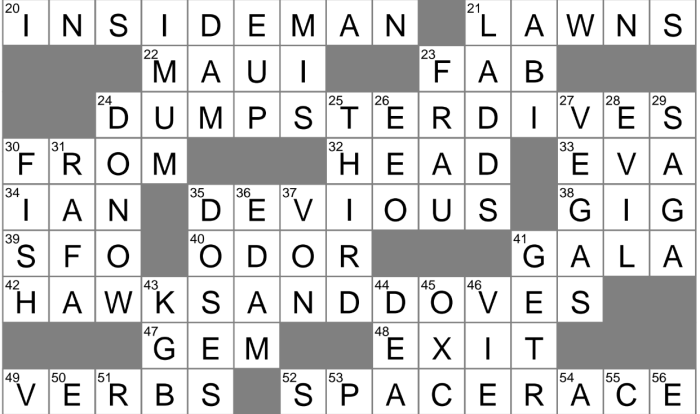Embark on a historical journey with the Abeka US History Test 2! This comprehensive guide will equip you with an in-depth understanding of the test’s content, format, and strategies to conquer it with confidence.
As you delve into this guide, you’ll uncover the key historical periods, events, and figures that shape the narrative of American history. Prepare yourself for a captivating exploration of the past that will illuminate your path to success on the Abeka US History Test 2.
Abeka US History Test 2: Content Overview
The Abeka US History Test 2 encompasses a broad range of historical periods and events that have shaped the development of the United States.
Ace your Abeka US History Test 2 with ease! If you’re looking for extra study material, check out words from s t a t i c , an insightful blog that offers unique perspectives on historical events. Its in-depth analysis can help you deepen your understanding and boost your test performance.
Return to your Abeka US History Test 2 preparation with renewed confidence and conquer those questions!
The test covers key historical periods, including the Colonial Era, the American Revolution, the Civil War, and the Reconstruction Era. It also examines major events such as the westward expansion, the Industrial Revolution, and the Great Depression.
Colonial Era
The Colonial Era section of the test focuses on the establishment and development of the thirteen British colonies in North America.
- Key events include the founding of Jamestown, the Plymouth Colony, and the growth of the plantation economy.
- Students will also examine the political, economic, and social tensions that led to the American Revolution.
American Revolution
The American Revolution section of the test covers the events leading up to and including the American Revolutionary War.
- Students will study the Declaration of Independence, the Articles of Confederation, and the Constitution.
- They will also examine the key battles and leaders of the war.
Civil War
The Civil War section of the test focuses on the causes, events, and consequences of the American Civil War.
- Students will examine the political, economic, and social tensions that led to the war.
- They will also study the key battles and leaders of the war, as well as the impact of the war on the United States.
Reconstruction Era
The Reconstruction Era section of the test covers the period following the Civil War, during which the United States struggled to rebuild and reunite.
- Students will examine the efforts to reconstruct the South, the rise of Jim Crow laws, and the impact of the Reconstruction Era on American history.
Test Format and Question Types
The Abeka US History Test 2 is a comprehensive assessment designed to evaluate students’ understanding of key historical events and concepts. It consists of three sections, each with a distinct question type.
Multiple-Choice Questions
The first section of the test comprises multiple-choice questions. These questions present students with a prompt and several possible answers. Students must select the single best answer from the options provided.
Short Answer Questions
The second section of the test consists of short answer questions. These questions require students to provide concise, factual responses to specific historical questions. Answers typically consist of a few sentences or a short paragraph.
Essay Question
The final section of the test features an essay question. This question requires students to demonstrate their understanding of a historical topic by writing a well-organized, detailed essay. Students must analyze historical evidence, provide supporting examples, and present their arguments in a clear and coherent manner.
Study Strategies and Resources
Preparing for the Abeka US History Test 2 requires a strategic approach. Here are some effective study methods and recommended resources to enhance your preparation:
Review the course material thoroughly, focusing on key concepts and historical events. Take notes and highlight important information. Create flashcards or summaries to reinforce your understanding.
Textbooks and Online Materials
- Utilize the assigned Abeka US History textbook as your primary resource.
- Explore online resources such as the Abeka website, which provides additional materials, interactive simulations, and practice quizzes.
- Consider using online educational platforms that offer comprehensive study guides, video lessons, and practice tests.
Practice Tests
- Take practice tests to familiarize yourself with the test format and question types.
- Review your practice test results to identify areas where you need further improvement.
- Utilize online practice tests provided by Abeka or other reputable educational websites.
Historical Context and Significance
The events covered in Abeka US History Test 2 are deeply rooted in the broader context of American history. They played a pivotal role in shaping the nation’s identity, institutions, and destiny.
These events marked significant turning points, influenced the course of future developments, and continue to resonate in contemporary American society. Understanding their historical context and significance is crucial for comprehending the foundations of the United States and its trajectory throughout history.
Exploration and Colonization
The exploration and colonization of North America by European powers set the stage for the events that would follow. The arrival of European explorers and settlers had a profound impact on the indigenous populations and the landscape of the continent.
- European powers competed for control of territory, leading to conflicts and alliances with Native American tribes.
- The establishment of colonies along the Atlantic coast marked the beginning of permanent European settlements in the Americas.
- The colonists brought their own cultures, values, and institutions, which influenced the development of American society.
Historical Figures and Concepts
The Abeka US History Test 2 delves into significant historical figures and concepts that have shaped the course of American history. Understanding these individuals and their contributions is crucial for grasping the broader historical context and events covered on the exam.
Founding Fathers
The Founding Fathers were instrumental in establishing the United States of America. They included:
- George Washington: First President of the United States, Commander-in-Chief of the Continental Army during the Revolutionary War.
- Thomas Jefferson: Author of the Declaration of Independence, third President of the United States.
- Benjamin Franklin: Inventor, scientist, diplomat, and Founding Father.
- John Adams: Second President of the United States, diplomat during the Revolutionary War.
- Alexander Hamilton: First Secretary of the Treasury, advocate for a strong central government.
Abolitionists
Abolitionists fought against the institution of slavery in the United States. Notable figures included:
- Frederick Douglass: Escaped slave who became a prominent abolitionist, orator, and author.
- Harriet Beecher Stowe: Author of “Uncle Tom’s Cabin,” which helped galvanize support for the abolitionist cause.
- William Lloyd Garrison: Founder of the American Anti-Slavery Society.
- Sojourner Truth: Former slave and abolitionist who fought for women’s rights.
Civil War Generals
The American Civil War was fought between Union and Confederate forces. Prominent generals included:
- Ulysses S. Grant: Union general who led the Union to victory.
- Robert E. Lee: Confederate general who commanded the Army of Northern Virginia.
- William Tecumseh Sherman: Union general known for his “March to the Sea.”
- Thomas “Stonewall” Jackson: Confederate general known for his military prowess.
Primary and Secondary Sources: Abeka Us History Test 2
Understanding the difference between primary and secondary sources is crucial for evaluating historical information accurately. Primary sources provide firsthand accounts of past events, while secondary sources analyze or interpret primary sources.
Primary Sources:
- Letters, diaries, speeches, and other documents created during the historical period being studied.
- Artifacts such as tools, weapons, and clothing that provide physical evidence of past societies.
- Photographs, paintings, and other visual representations that capture moments in history.
Secondary Sources:
- Textbooks, articles, and books that interpret or analyze primary sources.
- Historical documentaries and films that provide interpretations of past events.
- Historical fiction and non-fiction books that draw on primary sources but offer fictionalized or imaginative accounts.
Time Management and Test-Taking Tips
Effective time management and efficient answering techniques are crucial for success in the Abeka US History Test 2. Here are some strategies to help you optimize your time and answer questions effectively.
Before starting the test, take a few minutes to familiarize yourself with the test format and question types. This will give you a better understanding of how to allocate your time and approach different questions.
Time Management Strategies
- Read the instructions carefully:Make sure you understand the time limit and the number of questions you need to answer.
- Prioritize questions:Start with the questions you are most confident about and leave the more challenging ones for later.
- Manage your time:Divide the time you have available by the number of questions to determine how much time you can spend on each question.
- Don’t get stuck:If you are struggling with a question, move on and come back to it later if you have time.
- Use breaks wisely:If you are allowed breaks during the test, use them to clear your mind and refocus.
Tips for Answering Different Question Types, Abeka us history test 2
- Multiple choice:Read the question and all the answer choices carefully. Eliminate any obviously incorrect answers and then choose the best answer from the remaining options.
- True/false:Read the statement carefully and determine if it is true or false based on your knowledge of the subject matter.
- Short answer:Answer the question in a clear and concise manner, using specific details and evidence from the text or your own knowledge.
- Essay:Plan your essay before you start writing. Organize your thoughts into a logical structure and support your arguments with evidence from the text or your own knowledge.
Top FAQs
What is the scope of the Abeka US History Test 2?
The test covers key historical periods and events from the Colonial Era to the Civil War.
What types of questions can I expect on the test?
The test includes multiple-choice, short answer, and essay questions.
How can I effectively prepare for the test?
Review your textbooks, utilize online resources, and take practice tests to enhance your understanding.



